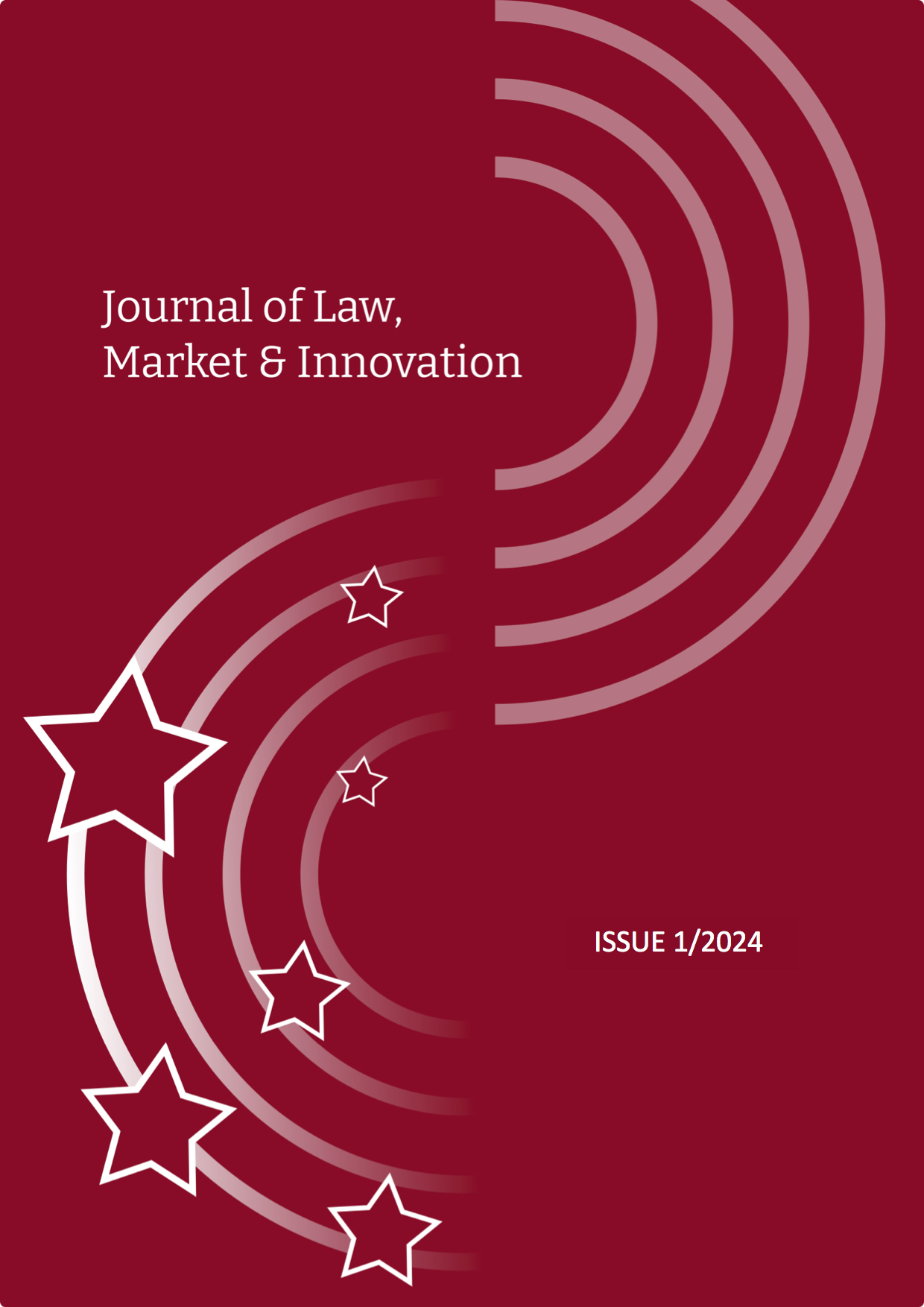Blockchain Justice: Exploring Decentralising Dispute Resolution Across Borders
DOI:
https://doi.org/10.13135/2785-7867/10151Keywords:
alternative dispute resolution, blockchain, cross-border, asperaAbstract
It is well known that the raison d'etre of Distributed Ledger Technology (DLT) is to enable peer-to-peer transactions that do not require Trusted Third Parties (TTP). Commercial security is a major concern for users in this new era: intermediaries are increasingly seen as security holes and removed from protocols as a result of a growing desire to maintain control over transactions. The need for independence from TTPs has evolved into a counterculture that moves blockchainers away from central authority, the courts and the world as we know it. To date, all existing online dispute resolution (ODR) processes in DLT and related tools such as smart contracts do not reflect the vision of blockchain as a counterculture. They exclusively use adjudicative methods involving one or more TTPs deciding via on-chain incentivised voting systems. This paper aims to discuss why non-adjudicative methods shall have a cultural priority over adjudicative ones, showing why they might be preferred by blockchainers due to risk management and distrust concerns. Furthermore, we introduce a prototype of a non-adjudicative ODR model (“Aspera”) in which users can have total control
over the outcome of the dispute in a TTP free environment.



 EJIF has been approved for inclusion in
EJIF has been approved for inclusion in  The Journal of Law, Market & Innovation is indexed in
The Journal of Law, Market & Innovation is indexed in  The Journal of Law, Market & Innovation is indexed in
The Journal of Law, Market & Innovation is indexed in  The Journal of Law, Market & Innovation is indexed in
The Journal of Law, Market & Innovation is indexed in  The Journal of Law, Market & Innovation is indexed in
The Journal of Law, Market & Innovation is indexed in  The JLMI is classified as a "Class A" journal for Law (Area 12) by the Italian
The JLMI is classified as a "Class A" journal for Law (Area 12) by the Italian 
